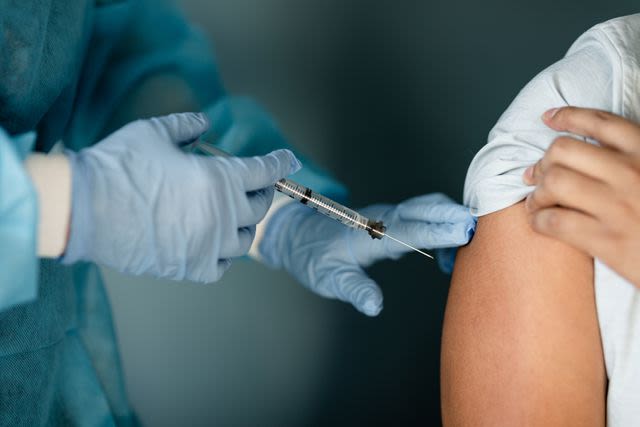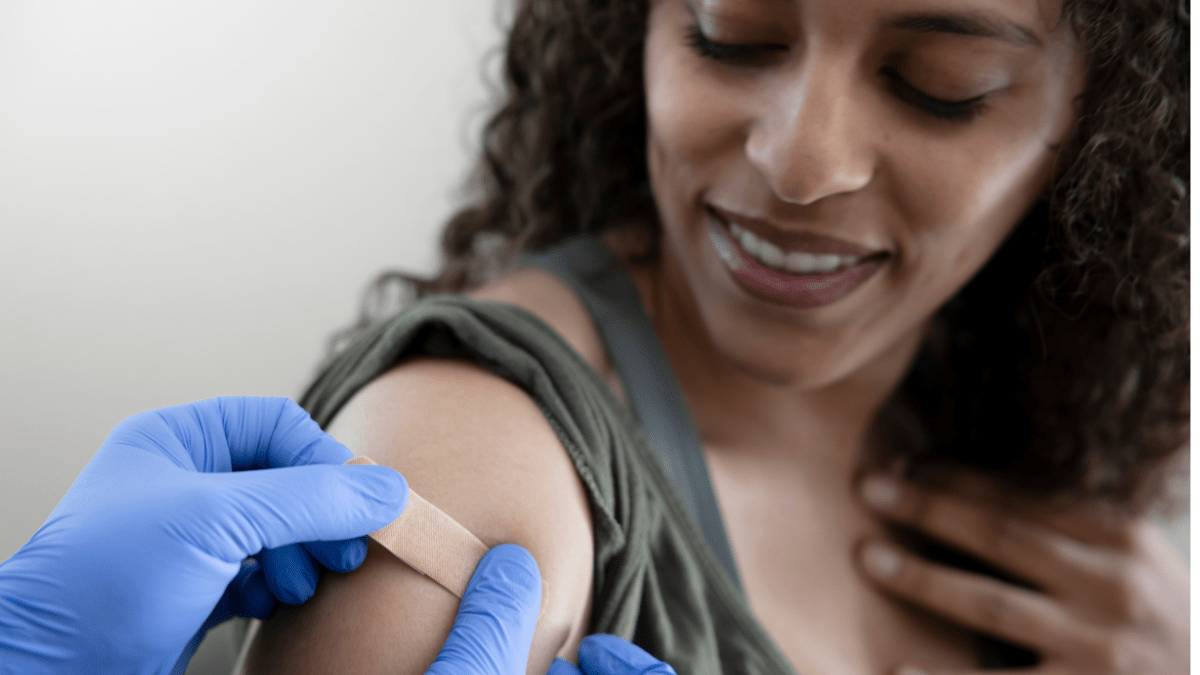Search results
CVS COVID-19 Vaccine Near Columbus OH
www.cvs.comPharmacy LocationBy appointment only4280 Morse Road(614) 473-11234801 West Broad Street(614) 878-75651717 Olentangy River Rd(614) 298-10781950 Hard Road(614) 761-25533100 Cleveland Avenue(614) 263-09232100 East Dublin Granville Road(614) 891-14101211 Morse Road(614) 268-8090Sep 26, 2023 · COVID-19 vaccines are very effective at protecting you against COVID infection. But after you get a vaccine — or booster shot — it can take a couple of weeks to build full immunity. And this can vary from person to person based on their age and other health conditions.
Feb 7, 2024 · The immune response from a COVID-19 infection usually tamps down after 3-4 months, says Kawsar Talaat, MD, a vaccinologist and associate professor in the Department of International Health at the Johns Hopkins Bloomberg School of Public Health and the Johns Hopkins School of Medicine in Baltimore, Maryland.
May 3, 2024 · Data from vaccine manufacturers suggest that, for most people, vaccines and booster doses start protecting you against the coronavirus within a week or two after your injection. However, specific factors, discussed later, can play a role in how quickly you develop immunity against COVID-19.
- Pfizer-Biontech Vaccine
- Moderna Vaccines
- Novavax Vaccines
- Effectiveness Against New Strains
- Summary
Pfizer-BioNTech is an mRNA vaccine, based on a newer approach to making vaccines. It relies on the power of nucleic acids found in genetic material, but notthe DNA that is uniquely yours. Here's what is known about how long it will work to offer immunity. Pfizer's vaccine, also known as Comirnaty, was authorized for emergency use in the U.S. in Dec...
The Moderna vaccine, also known as Spikevax,has been FDA-approved for use in the U.S. since January 2022 for the prevention of COVID-19 in individuals 18 years of age and older. Prior to this approval, it had been authorized for emergency use in the U.S. since December 2020. The vaccine was later authorized for use in individuals 6 months through 1...
The Novavax COVID-19 vaccine is a protein subunit vaccine, which means it contains pieces of the virus that causes COVID-19.On August 19, 2022, the FDA authorized the Novavax COVID-19 Vaccine, Adjuvanted for emergency use in individuals ages 12 and older. As with the mRNA vaccines, the Novavax vaccine has been updated annually to match newer varian...
The COVID-19 virus has changed over time due to mutations that result in a different strain of the virus. This is common for viruses, but some changes have greater impact than others. They may spread more rapidly, cause more or less serious illness, or fail to respond to the existing vaccines. The CDC will classify some strains as a "variant of con...
The short answer to how long your COVID-19 vaccine will protect you is that no one knows for sure yet. The FDA is clear that there is not yet enough data to definitively answer the question. However, for many people, vaccination can provide months of protection. Years after the pandemic started, there has been much progress. The three updated vacci...
News about COVID, COVID-19, vaccine
News about COVID-19, Novavax, side effects
Also in the news
Oct 26, 2023 · Research shows that the antibodies that develop from COVID-19 remain in the body for at least 8 months. Getty Images. Immunity can occur naturally after developing COVID-19, from getting the...
- Cathy Cassata
May 3, 2023 · Overall, the researchers found that one month after people received two doses of either mRNA vaccine (from Moderna or Pfizer-BioNTech), the vaccine from AstraZeneca, or the shot from Sinovac,...
Feb 20, 2024 · You’re considered fully vaccinated two weeks, or 14 days, after your Johnson & Johnson vaccine, per the CDC, but your immune system continues to react to the shot for at least a month.




